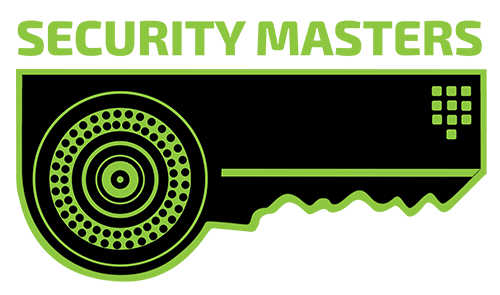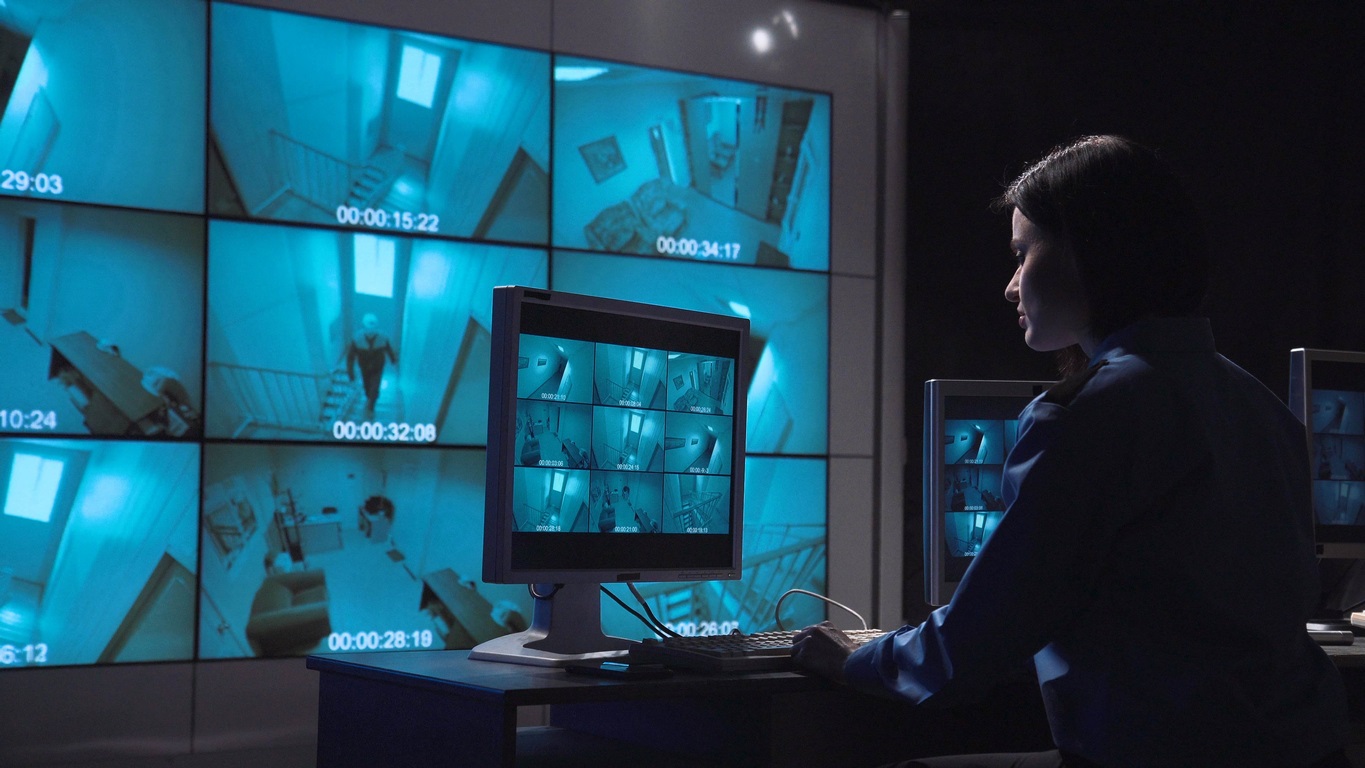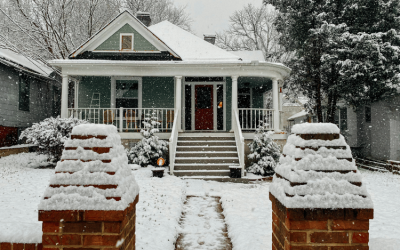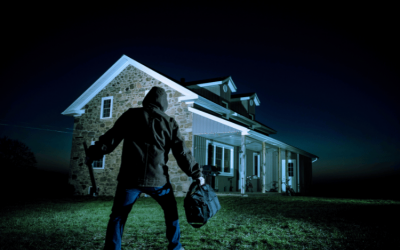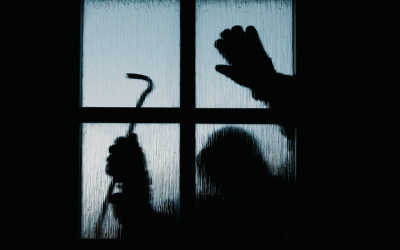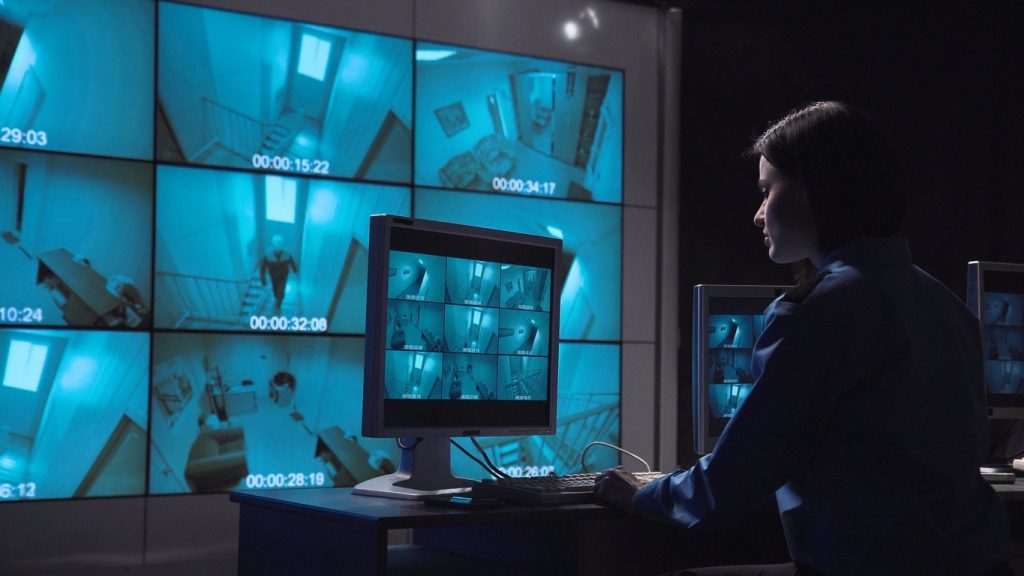
No business owner wants to spend time or money dealing with the aftermath of theft or vandalism. The good news is modern camera security systems, often referred to as CCTV, make securing your business easier and cheaper than ever before.
Our customers tell us that they often find the range of systems available and the jargon used by suppliers overwhelming. Read on to find out why your business needs CCTV, and what to look for a good system.
Why Your Business Needs CCTV
You only need to open the newspaper to see that crime against small businesses is a big problem. Shoplifting, theft, abuse and vandalism not only cost business owners’ money, they can risk the safety of staff and customers.
A camera security system can help by:
Providing a deterrent for theft, vandalism and abuse. Your business premises are less likely to be broken into if they are protected because criminals know that police are more likely to make an arrest if there is CCTV footage of an incident.
Encourage good staff behaviour. No-one likes to think their employees might be tempted to cheat them or act in an unprofessional manner but it’s true to say as well as encouraging good customer behaviour, CCTV provides a deterrent against staff crime too.
Make staff and employees feel safe. As well as giving you peace of mind that your business is protected, CCTV also helps your staff and customers to feel safe, particularly if they work alone or visit your premises at unsocial times.
Provides 24/7 surveillance and enables you to monitor blind spots and vulnerable areas. CCTV also allows you to keep an eye on your business remotely and is cheaper than implying security guards around the clock.
Installing Security Cameras in Your Business Premises: What to Look For
IP or CCTV cameras:
The first decision you’ll likely make is whether to install IP (Internet Protocol) cameras, or CCTV (Closed Circuit Television). Both systems have similar features, the main difference is an IP camera uses the internet to store and send data to you, whereas a CCTV system records locally.
Good storage options:
Systems usually come with Cloud or MicroSD storage options. Many systems offer cloud storage options for a number of days so it’s essential to make sure you have the capability of downloading the footage in this time period if necessary. MicroSD storage might not be as cutting edge as Cloud but you have the advantage of having access to all your footage without having to pay a subscription.
Quality footage:
You should be able to recognise faces and small details such as logos and car registration plates. Ensure the area around the cameras is well lit at night or the footage might not be useful.
Ease of use:
If you plan to install the cameras yourself, you’ll need a straight-forward set-up experience –some systems come with pre-paired cameras which are easier to install. The companion app should be easy to understand and provide features relevant to your business and premises.
Optimal features for your premises:
It’s essential that you choose a system that is right for your business premises. You need to install the cameras with a viewing angle that captures footage from the most at-risk areas. External cameras should be weatherproof, and some businesses will need features such as night-vision and two-way audio.
It’s also important to choose a look that suits your business. Some companies will want unobtrusive cameras, whereas some will want the security system to be more obvious to provide a greater deterrent.
If you need help choosing the right system for your business, get in touch with Security Masters. We have up-to-date knowledge about current systems and can advise the best cameras to suit your business. You’ll also have peace of mind knowing your cameras have been installed correctly, you have enough storage and you can access the data easily.
Contact us for a no-obligation security audit today!
